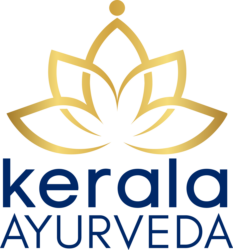Panchakarma Technician (PKT)
Courses > Panchakarma Technician (PKT) > Panchakarma Technician (PKT) Scope of Practice
Scope of Practice
Panchakarma is a process of cleansing and rejuvenating the system based on the ancient system of Ayurveda. It works with the subtle flow of energy, incorporating various bodywork techniques to allow healing at the deepest level. Using natural ingredients, it is customized for individuals based on their constitution and health conditions.
This course covers Panchakarma’s philosophy, principles and methods if implementation, as outlined in the Vedic texts. Upon successful completion of the course you will be awarded a Panchakarma Technician Certificate.
The individual’s scope of practice will be more specifically designated by local/state guidelines. It is the individual’s responsibility to be compliant.
Panchakarma Technicians can:
- Perform all Ayurvedic hands-on Shamana therapies in a clinic or private practice with an emphasis on utilizing the techniques for purposes of pacification. Shamana includes external calming procedures & regimen without internal cleansing.
- Perform Panchakarma therapies in connection with a Panchakarma program, under the guidance of a qualified Ayurvedic Practitioner or Ayurvedic Doctor, with an emphasis on utilizing the therapies for purposes of Shamana and Shodhana chikitsa. Shodhana includes detoxification & purification procedures and requires the advanced clinical knowledge of an Ayurvedic Doctor.
- Support and help deliver the Panchakarma treatment program designed by the Ayurvedic Practitioner or Ayurvedic Doctor.
Panchakarma Technicians cannot:
- Diagnose diseases.
- Treat diseases.
- Prescribe treatments or medicines.
- Design Panchakarma plans with both Shamana and Shodhana therapies (unless allowed in your scope of practice under other certification).
